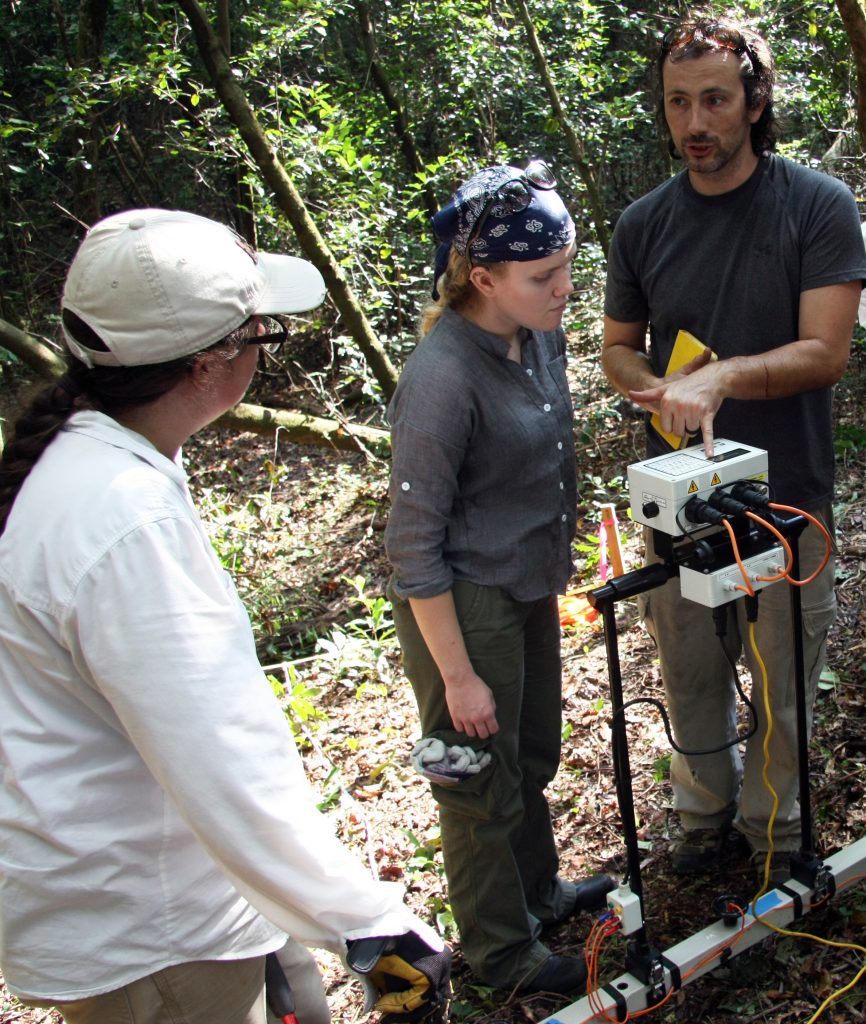 Focus
Focus
The archaeological component of the PhD program focuses on the emergence, spread, and organization of complex societies. From an archaeological perspective, complex societies are the consequence of the transformation from hunting and harvesting to food production, from an economy that moves people to food to one that moves food to people.
The social, political, and economic effects of this transformation produced social orders classified by archaeologists as chiefdoms, kingdoms or early states.
At the time of contact with Europeans, chiefdoms were found in the Southeastern U.S., and the Caribbean, and kingdoms and early states in Mexico, and Central America, and South America. Our archaeology interests center on North America (primarily the Southeastern U.S.), Mesoamerica, and South America (primarily the Central Andes), three areas of the New World where ancient complex societies evolved.
Applying to Our Program
We anticipate students apply to our program with the intention of working with a specific advisor. The relationship with the advisor will be one of mentorship as the student moves toward a mastery of the craft of original research and publication and gains familiarity with the role of a colleague.
Required Courses
Required courses for the PhD program are as follows:
- ANT 601 Advanced Research Design
- ANT 603 Theory and Method in Archaeology
- ANT 604 Seminar in the Archaeology of Complex Societies
Additional coursework is elective and supports the student’s specific area of research interest.
Language Requirement
A reading facility in one foreign language appropriate to the research topic must be demonstrated, either by successful completion of two semesters of foreign language course work or by examination.
Fieldwork Requirement
The degree requires that applicants experience substantial archaeological fieldwork, consistent with the traditional emphasis in Americanist anthropology. There are no specific requirements concerning the duration of such field work, though it is expected to last from 3 to 12 months.
Funding
Students admitted to the PhD program are guaranteed a minimum of three years of funding if admitted with an MA in hand, or five years if admitted as a direct-to-doctorate student holding an undergraduate degree. Additional years of funding may be offered, subject to availability of funds and academic progress. We also strongly support students in their efforts to compete for external funding, and our program has a strong track record both with University-wide fellowships and with National Science Foundation dissertation grants.
More Information
To learn more about the department’s graduate programs, contact Dr. Elliot Blair, Director of Graduate Studies.